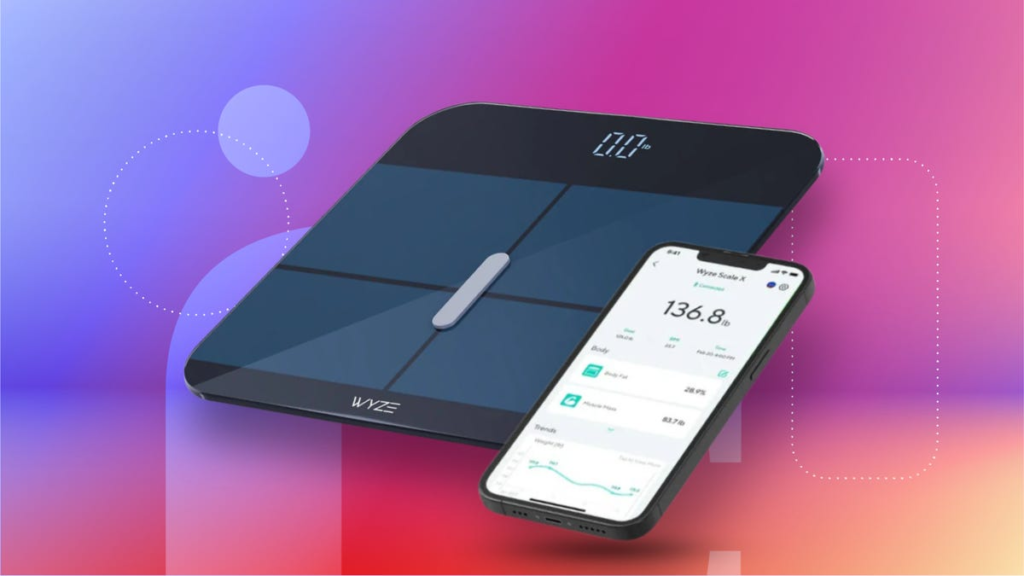Weigh yourself at the same time: To get a consistent reading when using any scale, it’s important to weigh yourself in the morning before you eat or drink anything. “You should weigh yourself in no or minimal clothing, and if you do, try to wear the same clothes every time you weigh yourself,” said Stella Lucia Volpe, professor and chair of the Department of Human Nutrition, Nutrition and Exercise. Virginia Tech.
Volpe recommends weighing yourself no more than once a week. “If you weigh more than that, you’re going to see fluctuations in your body weight, which can be frustrating if you’re trying to lose weight,” she said.
Choose an even surface: You want to make sure your scale is on an even surface, otherwise that imbalance will throw off the reading. Make sure you weigh yourself in the same place every time.
Note that the smart scale can be buggy: Remember that just because a smart scale can provide more data than an analog scale doesn’t always mean it’s better. “Smart scales have not been shown to be highly accurate and cannot be compared to the ‘gold standard’ measures for assessing bone mineral density and body composition, as it correlates with body fat and body mass, which is dual-energy X-ray absorptiometry ( DXA),” Volpe said.
Most people don’t have access to a Dexa scan, so the next best thing is a smart scale. “The smart scale can provide an estimate of body fat and total body water, but keep in mind that the ‘gold standard’ way of measuring these would provide more accurate data,” explains Volpe.
Make sure it is set to zero: As with any scale, you want to make sure it is set to zero to get an accurate reading.
Remember that your weight changes: It’s easy to get caught up in one number, but remember that your weight is a range instead of an exact number and will fluctuate throughout the day. Fluctuations can be affected if you exercise, eat more than normal, go to the bathroom, or even if your muscles are sore and you retain fluid.
Note that the data are estimates: The smart scale collects data on your heart rate, bone mineral density, body water, body fat and more. Note that these are estimates based on your age, gender and body weight. Therefore, these scales are not completely accurate. “Knowing that these scales are giving an estimate, but without the greatest precision, is important, but it can help give some guidance to the user of these products, especially when many people do not have the ability to have their bone mineral density and body composition assessed by DXA,” said Volpe.
2024-12-20 00:00:00
https://www.cnet.com/a/img/resize/797619b617709110e4e2c81f8b5ff6d330f9e176/hub/2024/05/20/2835825f-b96b-4f01-9fee-b22a159605d3/wyze-scale-x.png?auto=webp&fit=crop&height=675&width=1200

